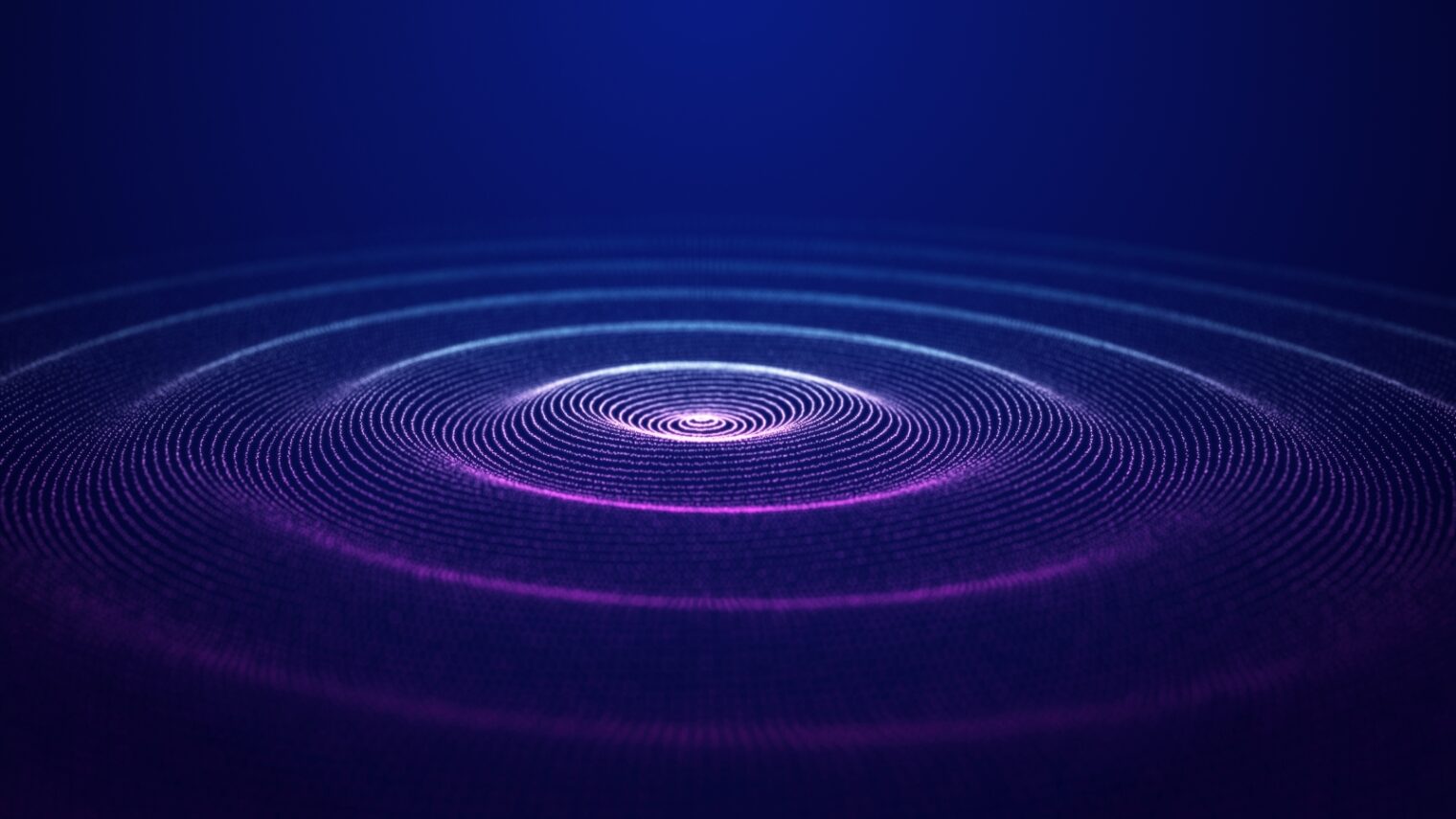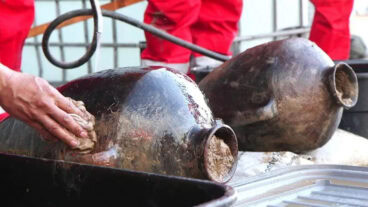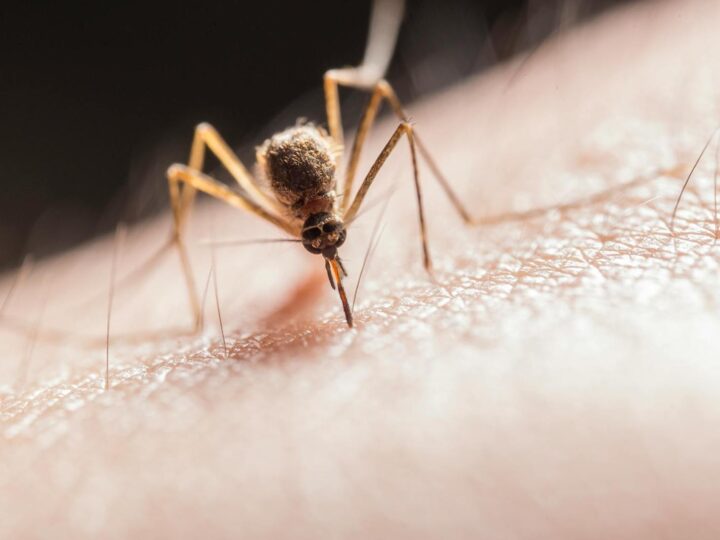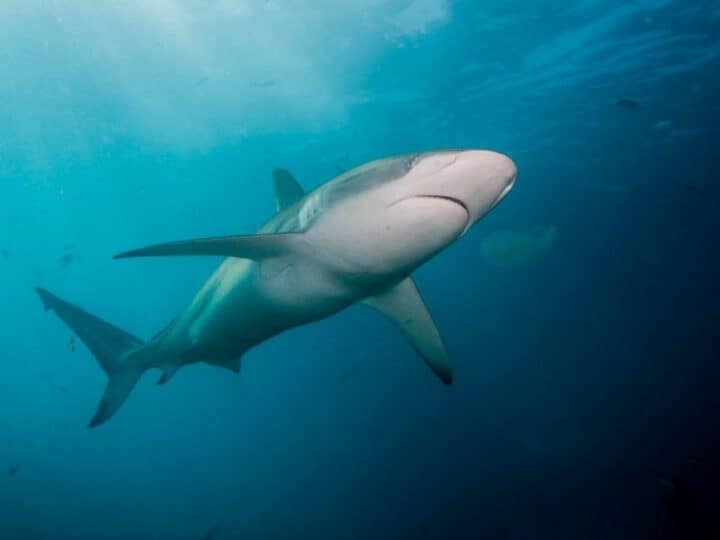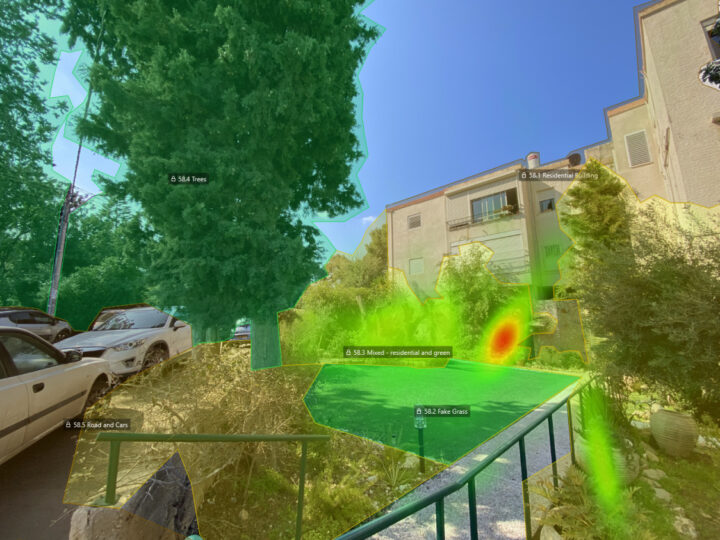Bar-Ilan University‘s Prof. Oren Levy, leading expert in molecular marine ecology, has joined forces with European researchers in a groundbreaking initiative to unravel the mysteries surrounding the impact of light and noise pollution (LNP) on aquatic ecosystems.
The newly launched EU project, named AquaPLAN (a delightfully apt acronym for “Aquatic Pollution from Light and Anthropogenic Noise”), sets out to shed light on the often-overlooked threats posed by LNP to rivers, lakes, and coastal and offshore waters.
Funded by the Horizon Europe program, the four-year AquaPLAN project seeks to quantify the collective effects of LNP on aquatic biodiversity across European waters and develop strategies and solutions to manage these pollutants while mitigating the damage they cause.
Levy’s research plays a pivotal role in this endeavor, particularly in understanding the intricate dynamics within tropical coral reefs of the Red Sea.
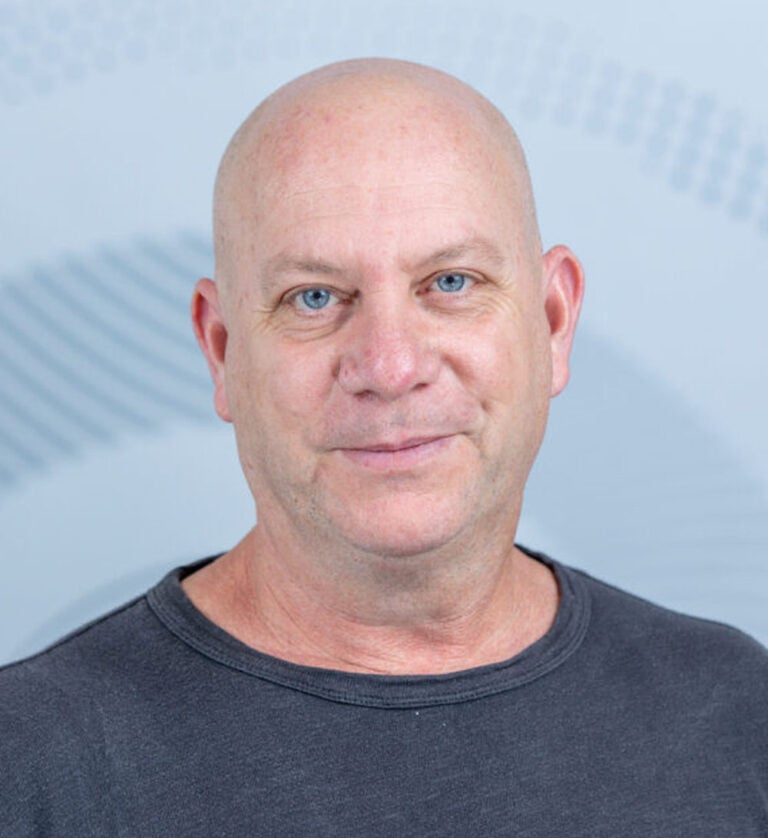
“Over the last few years, I’ve been working with my group on how light pollution can interfere with marine organisms, especially coral and other organisms from this family like sea anemones and jellyfish,” Levy explains to ISRAEL21c.
“We know that, for example, the moon is the last queue for the timing of coral spawning. So, if you have light pollution, this can cause a mismatch in spawning times.”
For this project, Levy intends to foray into the new territory of how noise pollution can affect coral spawning, fish behavior, and reef well-being these factors.
“We already know a lot about light pollution. But we don’t have any clue about noise pollution,” he admits.
While he has yet to dive deeply into the research, he does already have a few ideas of what noise pollution may affect, such as the settlement of coral larvae.
“We’re not sure what the impact will be; strong or not,” he says. “We know about light pollution. We don’t know about noise, and we don’t know about the two of them together. And that’s why we’ve been funded to run this research.”
Despite significant strides in understanding LNP’s effects on aquatic biodiversity, there remain substantial knowledge gaps that hinder effective management and mitigation efforts.
Prof. Elena Maggi, the project coordinator from the University of Pisa, emphasized the urgent need for cohesive regulatory frameworks and robust datasets in order to properly safeguard marine environments.
“Currently, existing regulations on the emission of artificial light at night (ALAN) and anthropogenic noise are highly fragmented in inland, coastal and offshore waters,” she said in a statement. “Moreover, we still need good datasets to understand how to monitor, protect and restore aquatic biodiversity effectively.”




